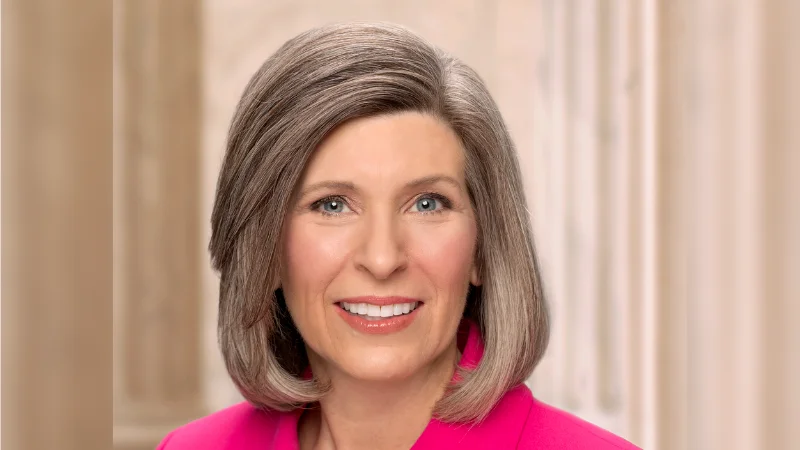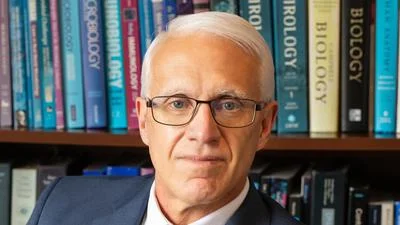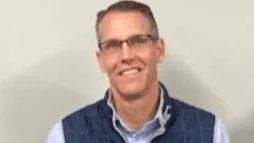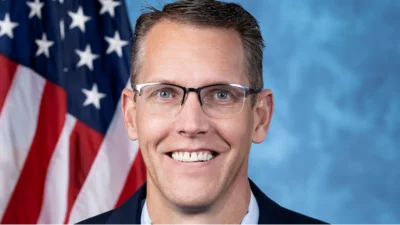Sen. Joni Ernst, US Senator for Iowa | Joni Ernst Official Webste
Sen. Joni Ernst, US Senator for Iowa | Joni Ernst Official Webste
Senator Joni Ernst, representing Iowa in the U.S. Senate, addressed the ongoing government shutdown and its associated costs through a series of posts on her social media account on October 3, 2025.
In her first post of the day, Ernst commented on the financial impact of the government shutdown, stating, "Welcome to day three of the Schumer Shutdown. Democrats' shenanigans mean taxpayers will be on the hook for another $400 million today to pay 750,000 non-essential bureaucrats NOT to WORK. Bringing the total three-day cost to $1.2 billion." This message was posted at 16:12 UTC.
Later that afternoon at 17:58 UTC, Ernst criticized Democratic leaders regarding federal spending priorities during the shutdown period. She wrote, "No matter how Schumer tries to spin it, the truth is Democrats are fighting to use YOUR tax dollars to fund healthcare for illegal immigrants."
At 19:04 UTC on October 3rd, Senator Ernst referenced Russ Vought and pointed toward possible budget cuts in response to government waste. Her post read: "I heard @russvought was looking for waste to cut during the Schumer Shutdown. Here is a list of non-essential government expenditures that would save taxpayers more than $2 trillion."
Government shutdowns occur when Congress fails to pass funding legislation or obtain presidential approval before an existing budget cycle expires. During such periods, many federal employees are furloughed and some government services pause until new appropriations are enacted.
The term "Schumer Shutdown," used by Ernst in her messages, refers to Senate Majority Leader Chuck Schumer and is often employed by political opponents as a label during funding standoffs involving Democratic leadership.
A significant number of federal workers deemed "non-essential" do not report for work during a shutdown but may receive back pay after congressional resolution.
Debate over public funds allocated for healthcare access by undocumented immigrants remains contentious among lawmakers and has been highlighted in previous legislative sessions.





 Alerts Sign-up
Alerts Sign-up